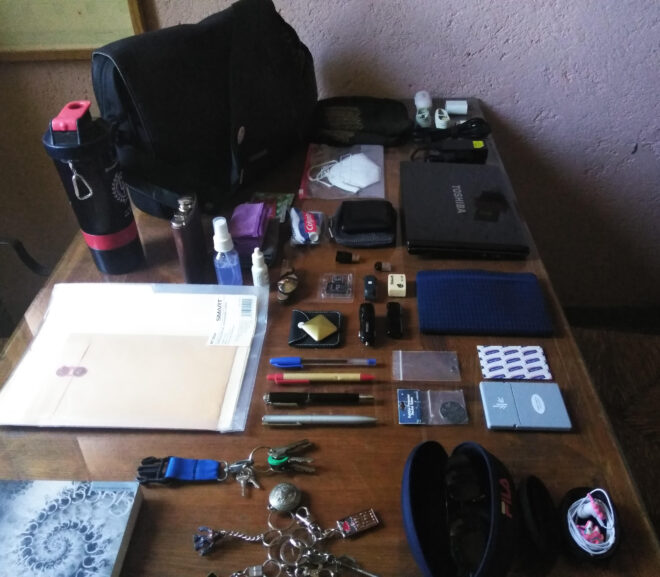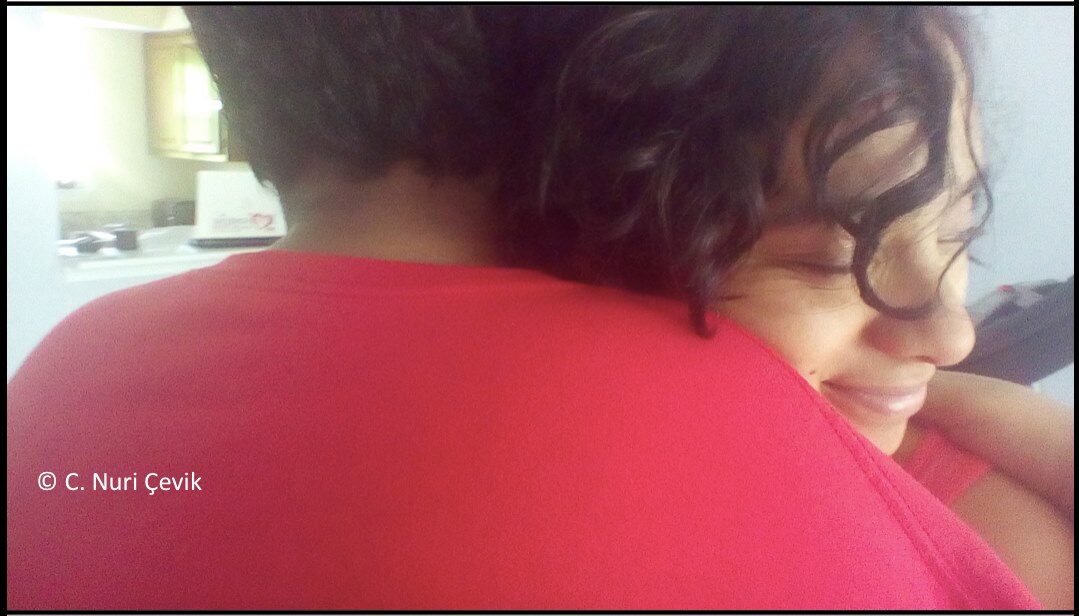I would really appreciate it if people would listen to me carefully before they start treating me like a child. I am a capable and interesting person, with enough agency, preparation, and knowledge to contribute a lot to my relationship with them.
Tag: respect
Photo © Jonathan Nowak | Flickr / Creative Commons [image: Adults of varied races sitting and standing around a gaming table.] Jeff at Spectrum Disordered www.facebook.com/asdisordered I have a long history with successful autistic social groups. I started my first in 2006, and although I moved out of the area eight years ago, it remains thriving and still operates under the same general principles. I’ve started several groups in rural areas (where people tell me “there isn’t enough interested people to make this work”). Putting a social group or club together doesn’t have to be super complex, but I think people need to have a clear sense of what it is and what it is not. If you are looking at setting up your own, I would offer the following guidelines. The Social Group is the Speed Date Speed Dating is a type of get-together in which people interested in…
An autistic young person has the right to have an active and willing agency in the process of deciding who to befriend, what boundaries should be set on such friendships and who they are just not comfortable with.
It’s important to avoid infantilising your teen or adult autistic offspring, meaning treating them as though they will always be a child—whether they’re five, fifteen or thirty-five.
One of our autistic community members, who was frustrated with being treated dismissively by non-autistic people, asked us this question via email. Another of our autistic community members answered the question, with both thoughtfulness and strategic advice. The two then gave us permission to post their exchange. We hope readers who are not autistic will show respect by listening, learning, and asking questions if appropriate; and that those who are autistic will find (and share) their own strategies and advice. —- Question for autistic people: How do you not have hate in your heart? I got into a discussion with several people who are not on the spectrum, and was just battered from all sides by ableism, willful ignorance and ad hominem attacks. No one was interested in what I had to say. I was called selfish, stuck up, angry, and expletives I can’t repeat here. I was even told…
Amy Sequenzia Respect for one another is one basic quality if we want to have meaningful conversations and relationships with other human beings. The ableism that disabled people experience is a form of disrespect. I have been trying to understand why some people find it so difficult to act respectfully towards disabled people, especially disabled adults. I am talking about people everywhere: people who do not have any experience with disabilities; people who have spent many years among the disabled; professionals who cannot see the whole person, only deficits; “advocacy” groups who refuse to stop using the “pity” language; even some parents, who love their children but forget that, by disrespecting us, they are disrespecting their children too. I am trying to understand why ignoring my presence, in my own home, seems to be a visitor’s acceptable behavior. During a state mandatory visit, two nurses came to my home, greeted…
Jess at Diary of a Mom www.adiaryofamom.wordpress.com If you were to sit down and read my blog Diary of a Mom from its inception back in 2008, I’m sure you’d notice some pretty dramatic changes. Many of the words I use and the way I use them have changed. And the change in verbiage is reflective of a change — an evolution really — in my understanding of autism. When Brooke was first diagnosed, I bristled at the word ‘autistic’ when it was assigned to her in conversation. I actually found it offensive. “Person first!” I would shout in my head as I calmly responded, “my daughter HAS autism,” emphatically yet (theoretically) politely ‘correcting’ the perceived gaffe. And then, somewhere along the line, I read THIS: Jim Sinclair’s Why I Dislike ‘Person First’ Language. And something shifted. I had never considered the words nor what they represented from the inside…
Jo Ashline joashline.com themomblog.ocregister.com/author/jashline I took the long way, but I think I’ve finally arrived First, I wrote I Told Autism to SUCK IT. Yeah. I Said It. Then it was My Point Still Stands: Autism Can Take a Flying Leap. Then From Proud Mom to Bigot. Then Us vs. Them. Finally though, I think I get it. I think. Maybe it’s because I’m just a few short days away from my period … I don’t freaking know but in any case I’m over here bawling my eyes out because one week later I think I finally get it. I’m passionate. I’m truthful. I write truthfully with passion. And I wrote something that others found offensive and I came back and said…”Who gives a damn? This is MY SPACE, SO F$%% off.” Except. The universe doesn’t just belong to me. It belongs to everyone. And what I put out…
Shannon Des Roches Rosa www.squidalicious.com Courage is what it takes to stand up and speak; courage is also what it takes to sit down and listen. –Winston Churchill You’d think we parents of kids with special needs — righteous avengers that we so often are — would be extra-invested in listening to the self-advocates who share our children’s experiences, who in many cases used to be our children. You’d think someone like me, who truly believes behavior is communication, would take more time to understand why a self-advocate would criticize something I’d written, would ask for more information before reacting, would understand that a self-advocate can both be articulate and need communication accommodation. You’d think that, knowing how many times even well-meaning people have dismissed my son’s needs or spoken to him as though he was an obedient puppy, I’d understand how self-advocates might have very little patience for parents…





